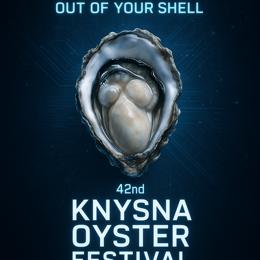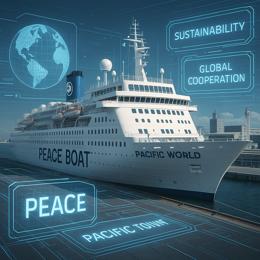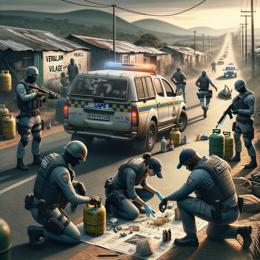Image created by AI
SA Zionist Federation and Public at Odds Over Sandton Drive Renaming Controversy
In a recent announcement by the City of Johannesburg (CoJ), a proposal has surfaced that puts the spotlight on the significance of naming streets and the values they represent. The CoJ considers changing the name of Sandton Drive to Leila Khaled Drive, in recognition of the Palestinian activist and freedom fighter's struggle. However, the South African Zionist Federation (SAZF) vehemently opposes this move, arguing that it contravenes the city’s own policy on street naming and diverts attention from more pressing local issues.
Leila Khaled is known worldwide for her role in the Palestinian liberation effort; nonetheless, her nomination as the namesake for a prominent street in South Africa’s economic hub has sparked dissent. The SAZF has expressed its discontent through spokesperson Rolene Marks, citing concerns over the cost implications for businesses, the administrative burdens of address changes, and the potential erosion of confidence in the city's governance.
The city’s legislation suggests restraint in naming streets after living individuals due to the volatility of public opinion. Despite this, the ANC and EFF have supported petitions for the renaming in past years, revealing the depth of this ideological battleground.
The SAZF’s statement reflects a broader public sentiment that the municipality should focus its resources and attention on the country’s longstanding socio-economic challenges rather than engaging in symbolic gestures of international solidarity. Critics argue that the council's proposal is not just a matter of civic naming but a choice that reflects prioritization, with many South Africans advocating for a focus on more immediate local issues like poverty, unemployment, and the provision of basic services.
The public conversation around the proposed change is intensifying as the CoJ has set a deadline for comments, intending to proceed to a council decision following this feedback period. It is against this backdrop of public discourse, local governance, and international politics that Johannesburg residents are being asked to weigh in.
The controversy also raises questions about the broader geopolitical implications of such a move. It spotlights South Africa's stance on the Israel-Palestine conflict and the way local communities engage with global causes. As the conversation unfolds, the interplay between local and international, between street names and historical narratives, is becoming impossible to ignore.
Ultimately, the decision to rename Sandton Drive after Leila Khaled will be determined by community voices and civic participation. As Johannesburg assesses how to represent its values through its geography, it also confronts the diverse opinions that make up its identity. The discussion promises to be a microcosm of the broader societal debates that shape South Africa today.










